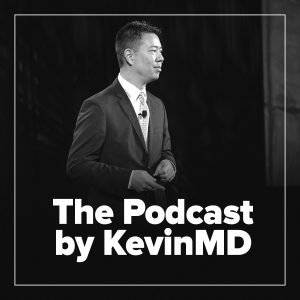“All too often, physicians and other health care providers have tried to do the right things for our patients to ultimately have had our hand slapped.
So pause for a second, get the questions answered, know what future implications are for today’s actions. Make the right choice for your patient, and for yourself, especially if it means amending your contract before you start something that may limit your talent/potential as a health care provider.
We are taught to feel powerless, which is why our burnout rate is so high. Words are disguised to mean another: patient volume/productivity disguised as patient access, EHR checkboxes that are clinically meaningless disguised as quality measures, your bedside manner, and ability to relate disguised as patient satisfaction surveys. And yet, as we see, despite being made to feel powerless, at the end of the day, we are the only ones with the ability to provide medical care when people need it. An anesthesia machine, scalpel, laboratory, and stethoscope are all useless without the person with it.
So get out there and wear your warrior uniform and help your patients! But don’t have it be a disguise for being made to wear shackles tomorrow.”
Vasanth Kainkaryam is an internal medicine-pediatrics physician.
He shares his story, explores his direct primary care decision, and discusses KevinMD article, “Advice to employed physicians plunging into telemedicine.”
Did you enjoy today’s episode?
Please click here to leave a review for The Podcast by KevinMD. Subscribe on your favorite podcast app to get notified when a new episode comes out!
Do you know someone who might enjoy this episode? Share this episode to anyone who wants to hear health care stories filled with information, insight, and inspiration.
Hosted by Kevin Pho, MD, The Podcast by KevinMD shares the stories of the many who intersect with our health care system but are rarely heard from.




